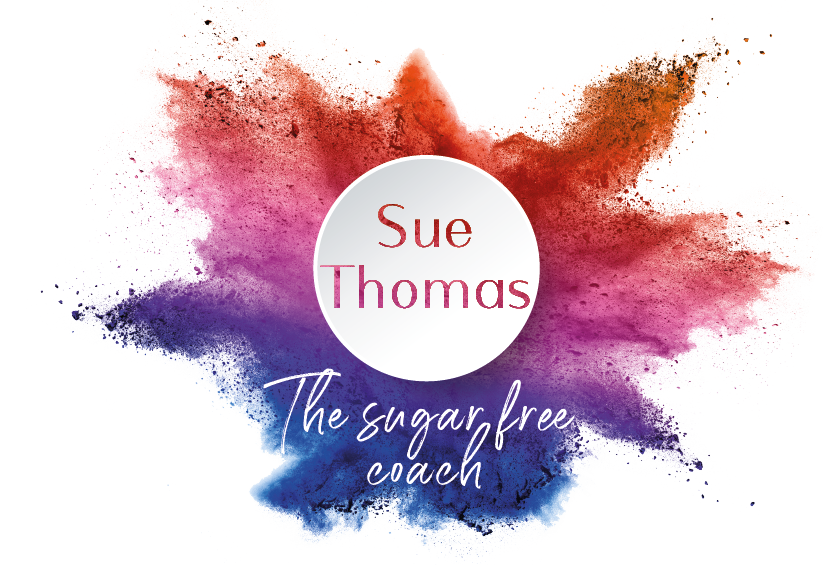The Weekly Sugar Rush - Should You Take Collagen?
I have had lots of questions just recently about collagen. What is the difference between bovine and marine? What is the best supplement to buy? When is the best time to take it etc? So over the next few weeks I am going to break this down into bite size chunks using the Weekly Sugar Rush content to help you understand if and why you should take a collagen supplement, and what to look for if you do.
Let's start with what actually is collagen?
Collagen is the most abundant protein in your body—it makes up about 30-35% of your total protein content.
Think of it like the scaffolding or glue that holds your body together. The word "collagen" even comes from the Greek kólla, meaning glue.
What Collagen actually does in the body:
Body System Role of Collagen
Skin Firmness, hydration, elasticity, healing
Joints Cartilage strength, reduced pain, flexibility
Bones Framework for strength and mineralization
Hair & Nails Growth, thickness, reduced breakage
Muscles Repair, recovery, lean mass support
Gut Lining integrity, reduced inflammation
Circulatory System Stronger blood vessels, improved circulation
It’s literally like the "infrastructure protein" for your entire body. The stronger and more supported your collagen matrix is, the more resilient and youthful your body tends to look and feel.
Now lets look at good collagen food sources:
1. Bone Broth
Made by simmering bones (chicken, beef, fish) for hours
Best natural source—plus good for gut health
2. Fish with Skin
Salmon, sardines, mackerel (especially with the skin on)
3. Chicken Skin, Cartilage, and Broth
Chicken contains Type II collagen, great for joints
4. Beef Tendons, Oxtail, and Shank
Often used in traditional soups and stews
Now I don’t know about you – but even as a Nutritional Therapist just writing those sources down turns my stomach! That is why I always use a supplement. Next week I will be exploring collagen supplementation in a bit more detail.
